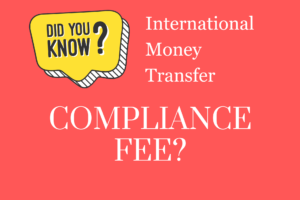A Money Transmitter License is typically required for businesses that engage in the following activities:
- Transferring Money: Companies that transfer money from one person or entity to another, either domestically or internationally.
- Currency Exchange: Businesses that exchange one currency for another.
- Issuing or Selling Payment Instruments: This includes issuing checks, money orders, or similar instruments.
- Mobile or Electronic Payments: Companies offering services for transferring or paying funds through mobile or electronic platforms.
- Virtual Currency Transactions: Businesses involved in the exchange, transfer, or storage of virtual currencies like cryptocurrencies may also require licensing, depending on the jurisdiction.
Essentially, if a business is involved in moving money or monetary value on behalf of others, it likely needs a Money Transmitter License. The specific requirements can vary by jurisdiction. In most cases if you are a financial intermediary, you probably need a money transmitter license.
A financial intermediary is like a helper in the world of money. Imagine you have a piggy bank full of coins, and you want to buy a toy, but the toy store doesn’t accept piggy bank coins. You need someone to change your coins into money that the toy store will take. A financial intermediary is like a friendly person who takes your piggy bank coins, gives you money that the toy store accepts, and then they take your coins and use them in other ways.
In the real world, banks are a common type of financial intermediary. Let’s say you have some extra money. You give it to the bank to keep safe. The bank then uses some of that money to lend to other people, like someone who wants to buy a house. So, the bank is helping you by keeping your money safe and helping the person who wants to buy a house by lending them money.
—
This page was last updated on February 8, 2024.
–




